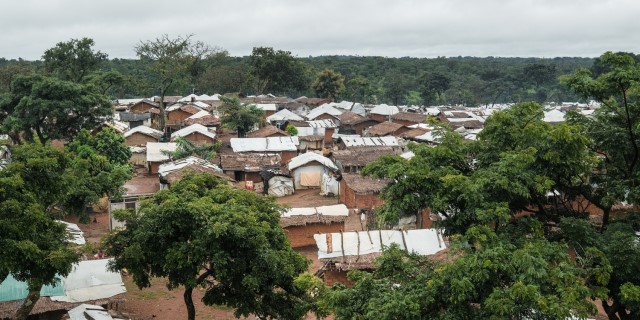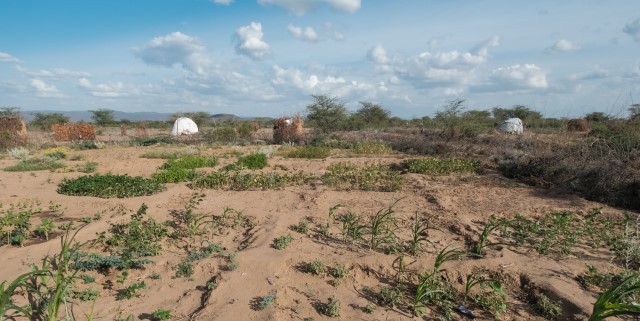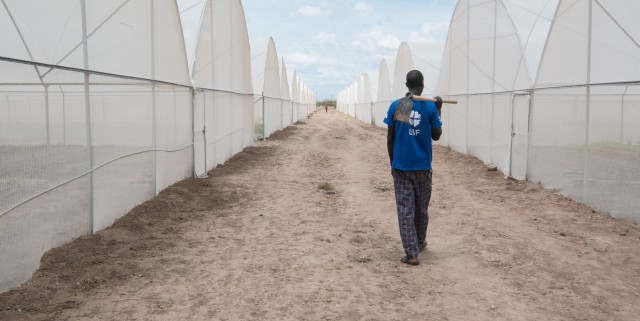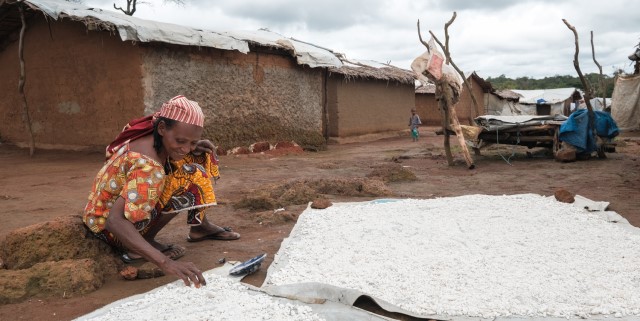Guidance for a Landscape Approach in Displacement Settings (GLADS)
Guidance for a Landscape Approach in Displacement Settings (GLADS) offers guidance to all stakeholders to contribute to ecosystem and livelihood resilience of refugees and host communities. The guidance notes are accompanied by examples from the sites, and links to relevant tools.
GLADS Guidance Notes
GLADS consists of five key Guidance Notes on how to apply the integrated landscape approach in displacement settings.
PUBLICATIONS
From case studies to Guidance Notes, find everything here.

















